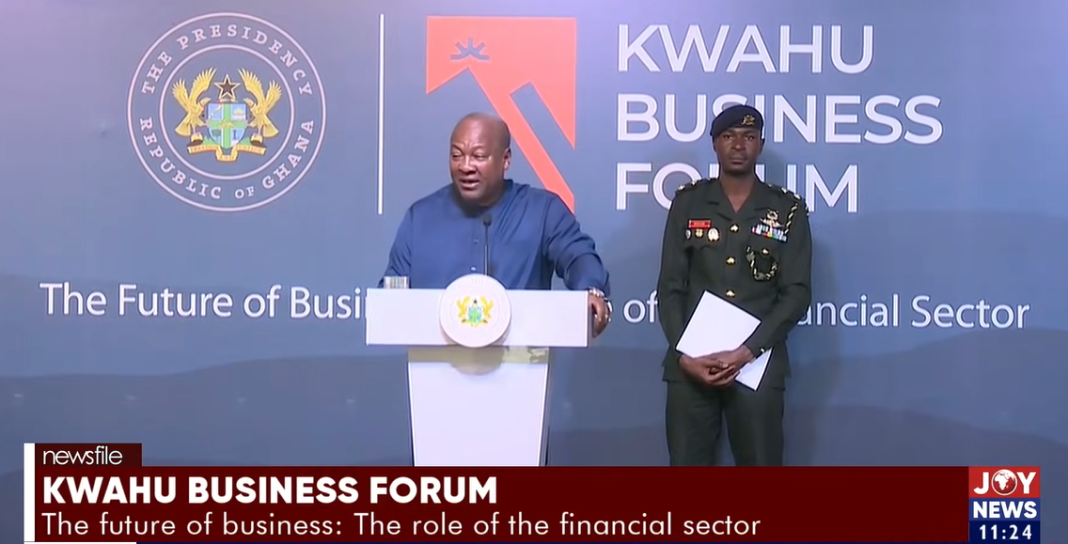Channel people smugglers are earning “hundreds of millions” of pounds from small boat arrivals syphoned through an underground banking system, crime fighting chiefs have revealed. The National Crime Agency (NCA) is targeting the informal Hawala banking system It is exploited by gangs because transfers of funds are agreed between operators, or hawaladars, in different countries, which means migrants can travel across Europe without carrying any cash. Hawala is an informal method of transfer without physical money actually moving that originated in South Asia during the eighth century and is still used today, particularly in the Islamic community.
The NCA has visited more than 40 hawaladars in the UK to warn them that they are putting migrants’ lives at risk and face prosecution under money laundering laws. The maximum penalty is up to 14 years in jail for handling “dirty” money. The crime agency says that the amounts being transferred to and from the UK via the Hawala system have grown into “hundreds of millions” of pounds a year as Channel crossings have surged .

A record 6,632 migrants have reached the UK so far this year, up from 4,600 at the same point in 2024. The crackdown on illicit financing of people-smuggling gangs will be one of the key issues discussed at a summit in London this week on organised immigration crime that will bring together ministers, officials and law enforcement agencies from more than 40 countries. China, the source of many of the engines used in the Channel small boats; Turkey, where the dinghies are made in back-street factories; and source countries from Asia and Africa are sending delegates in what will be the first major international summit in the UK to tackle illegal migration.
The NCA is working with HM Revenue and Customs to crack down on the Hawala system, whereby a migrant authorises a payment for an illegal Channel journey via a hawaladar, or broker, in their home country, but then only releases the money through another broker in the UK on arrival. In one major investigation, the NCA secured the conviction of an Iranian hawaladar who used a carpet business in Wood Green, north London, as a front for his part in a network of bankers transferring money for the people smugglers. Asghar Gheshalghian, 48, acted as a trusted middleman, accepting payments from migrants or their families, then released money to the criminal gangs following the completion of their journeys to the UK, charging a commission at the same time.
Phone evidence revealed his links with at least eight Iranian migrants who later arrived in the UK by boat or lorry and claimed asylum. He was jailed for eight years. Meanwhile, Hewa Rahimpur, an east London-based Iranian, was jailed for 11 years in Belgium after acting as a Hawala banker for people-trafficking gangs and smuggling 10,000 migrants across the English Channel, earning up to £260,000 per trip.
Yvette Cooper, the Home Secretary , has also set up a taskforce in an attempt to emulate the success of Italy in cracking down on the mafia and its sources of illicit finance. UK and Italian law enforcement officers, specialist financial investigators with mafia experience and forensic accountants are working together to freeze criminal bank accounts, carry out joint operations and mount more prosecutions against international people smuggling gangs. It has been combined with joint European law enforcement operations to disrupt the supply chain of boats from Turkey with Chinese-sourced engines, which are transported to Germany where they are stored before being moved to France’s north coast.
The NCA estimates that the tactics have pushed up the cost of a dinghy from the “low thousands of pounds” to £14,000. The people smugglers have turned to bigger, lower quality dinghies – averaging more than 50 migrants per boat in 2024, which has increased the risks and loss of life Last year was the deadliest year on record for Channel crossings, with at least 69 deaths reported . Martin Hewitt , the Government’s border security commander, is expected to tell the summit that the only way to end the deadly trade is through increased collaboration between European and international governments and law enforcement agencies.
.
Sports

Traditional Islamic banking system used to finance small boat crossings

Channel people smugglers are earning “hundreds of millions” of pounds from small boat arrivals syphoned through an underground banking system, crime fighting chiefs have revealed.















